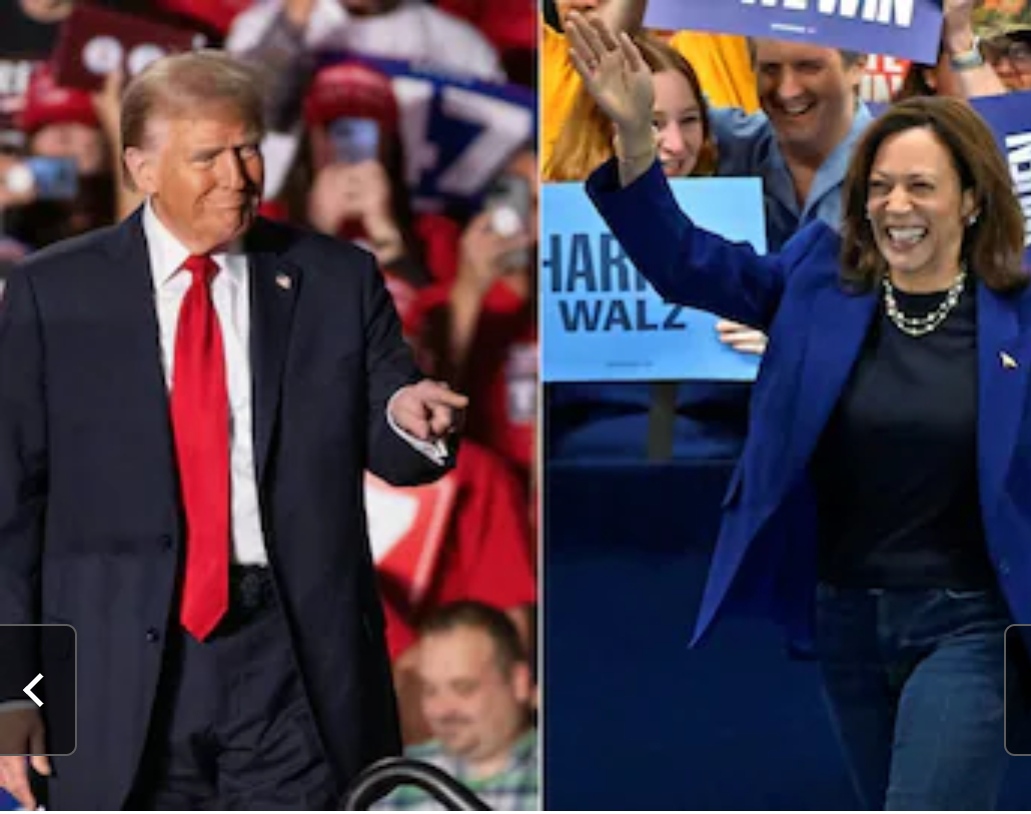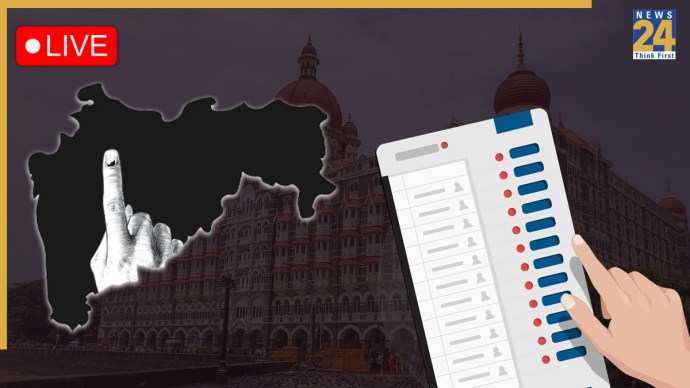In just a few hours from now the United States, which is the world’s oldest democracy, will elect its new President. Since its beginning, the high-stakes presidential race between Republican Donald Trump and his Democrat rival Kamala Harris had captured the global attention as it holds holds immense significance, not only for Americans but for the entire world due to its far-reaching consequences on international politics, economic stability, and peace.
The US presidential election takes place after every four years, and the impact of its outcome is felt far beyond the American borders. As the leader of the free world, the policies set by the new White House occupant widely influence global markets, military alliances, and international diplomacy. In view of the growing conflicts between Israel, Iran and the Lebanon-based Hezbollah in the Middle East and the ongoing Russia-Ukraine war, the US’ role in these crises becomes crucial for global stability.
The current geopolitical tensions, marked by economic turmoil and strategic political realignments, makes the 2024 US Presidential Election particularly crucial. Trump or Harris – who will rule the United States will not only affect America’s internal political landscape but also its standing on pressing global issues.
World
A potential victory for Donald Trump would mean a hands-off policy, giving allies like Israel more autonomy in Middle East while a Kamala Harris victory might push for measured support aimed at reducing civilian casualties. Trump’s repeated statements backing Israel suggest a full endorsement of its actions without intervention, whereas Harris has been strongly advocating support for Israel with an equal focus on humanitarian crisis in Gaza.
Similarly, the outcome will have major implications for the worsening Russia-Ukraine war. Trump has since the beginning blamed Ukrainian President Volodymyr Zelensky for the Russia-Ukraine conflict and his victory would mean reduced US support for Ukraine.
As the US President, Donald Trump might also reduce sanctions on Russia and shift the balance of the ongoing conflict. Harris, on the other hand, is most likely to continue incumbent President Joe Biden’s policies, likely sustaining US support for Ukraine in coordination with NATO allies. This would mean the West further uniting against the Russian aggression.
The future of NATO, a critical military alliance primarily funded by the US, may also hinge on the outcome of the election. Trump has been very critical of NATO, questioning its relevance and urging other members to increase their contributions. His potential re-election could further widen tensions within NATO and lead to reduced US funding, prompting European countries to reassess their defense strategies. Whereas, Harris is likely to continue support for NATO, aligning closely with European allies to strengthen collective security shield, especially against the Russian expansionism.
For India, the outcome of the US election has both immediate and long-term consequences. US-India relations have strengthened over the years, but each of the two candidates brings distinct policy implications for New Delhi.
Both Trump and Harris recognize India as a “key player” in the Indo-Pacific region. In order to counter China’s rise, the US seeks to bolster its partnership with India to counter-balance the Dragon’s rising influence. Regardless of who wins, India-US defense cooperation is likely to deepen. Under Harris, however, existing collaborations in military exercises, arms purchases, and technology transfers are expected to continue seamlessly, building on the Joe Biden Administration’s groundwork.
Trump’s previous tenure saw more restrictive immigration policies, particularly relating to the H-1B visas, which affected Indian professionals working in the US. His possible return to White House might mean a resurgence of strict immigration policies, creating more difficulties for Indian tech workers and students. In contrast, Harris has shown support for skilled immigration, which could benefit India by easing the visa process and allowing smoother professional exchanges between the two nations.
On the economic front, both candidates present potential benefits and challenges. Trump’s inclination towards trade tariffs and a transactional approach may complicate things for Indian businesses. However, his administration’s improved relations with Russia could benefit India, as it aligns with India’s own balanced approach to global alliances. Harris, likely following Biden’s economic policies, may ensure stable trade relations with New Delhi, with a possible focus on climate cooperation and technology sharing.
Trump’s apparent inclination towards Vladimir Putin could reduce tensions between the US and Russia, which might benefit India by alleviating pressure on its ties with Moscow. However, if Harris wins, she is expected to continue the Biden Administration’s tough stance on Russia while working with India to counter China’s influence in the Indo-Pacific. The continuity in Indo-US ties under Kamala Harris could is expected to benefit India’s strategic goals in Asia.













